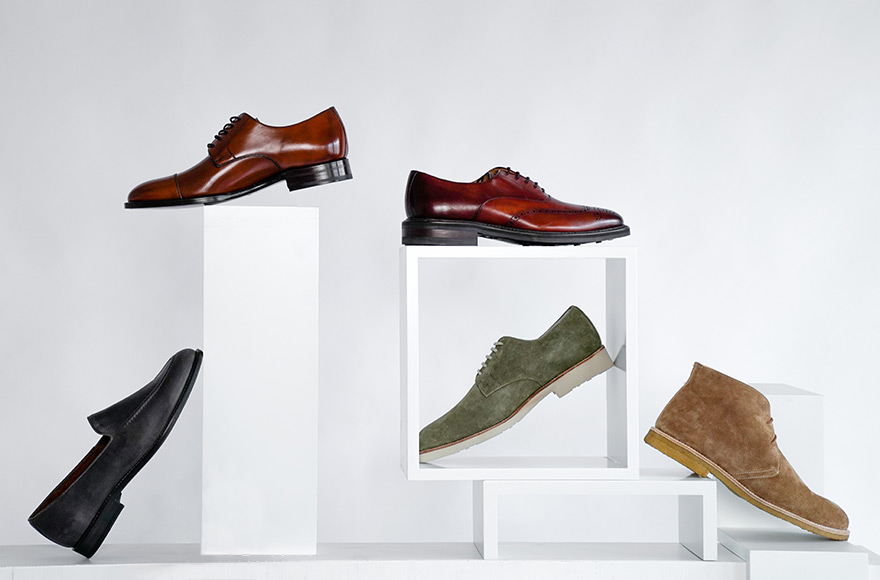Calluses arise when skin is put under strain; they serve to protect the layers of skin that lie deeper below the surface. Normally, calluses recede and disappear on their own. When this does not occur, as is the case with painful corns, it is worthwhile to investigate the underlying cause.

Known colloquially as calluses, the medical term for these skin formations is tylositas. Calluses most commonly affect the soles of the feet, and, in principle, are beneficial, since they form a protective barrier at points that are subjected to extreme strain. Strain on the skin triggers minor inflammation, which causes the skin to produce more kreatinocyte and/or corneocyte cells. This results in a thickening of the skin that is limited to the affected area, known as a callus. Calluses serve to protect the underlying, more sensitive layers of skin, and usually appear around the heels and balls of the feet. Corns, probably the best-known and most painful form of calluses, primarily form on the backs of the toes, near the joints—exactly where ill-fitting footwear applies the most pressure.
Corns are the most painful kind of callus
As soon as the affected area is no longer under strain, calluses typically recede and disappear on their own. You can accelerate this process by using a pumice or applying callus-softening salves containing salicylic acid or urea. However, if the strain is not relieved, as is the case with wearing improperly fitting footwear, the calluses will not recede, and will instead become painful corns. The affected areas will become increasingly unsightly as the skin dries out and becomes brittle. At this point, you would need to see a dermatologist to treat the problem.
Perfectly fitting shoes help prevent calluses
In order to prevent calluses and corns from forming, you should make sure that the shoes you purchase fit perfectly. If the shoes do not squeeze your toes, then your skin is not being subjected to any extreme pressure. In addition to boasting a perfect fit, high-quality Goodyear-welted shoes feature excellent insulation and, thanks to their leather composition, ensure a comfortable feeling that prevents infections such as athlete's foot and toenail fungus from taking hold.
Because of the disturbed blood flow to their feet, diabetics are particularly at risk for developing calluses, as well as ulcers resulting from calluses. These individuals should insert special insoles to prevent this from occuring.
Further consequences of low-quality footwear
Find your perfect Size at Shoepassion.com
Handmade Shoes for men & women ★ Various styles & designs ★ High quality ★ Fair & sustainably produced in Europe ★ Exellent value for money ★ Many models on sale













